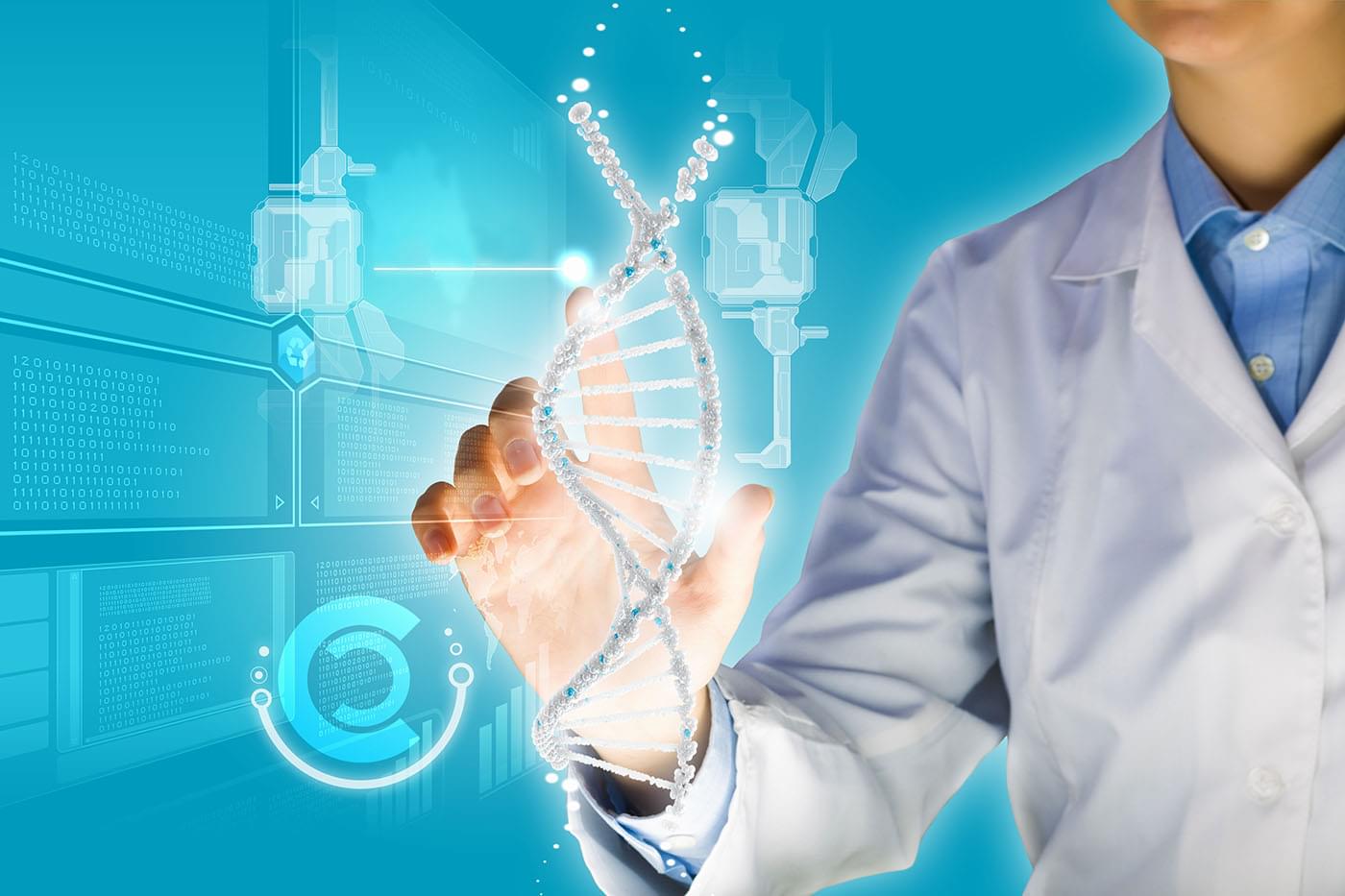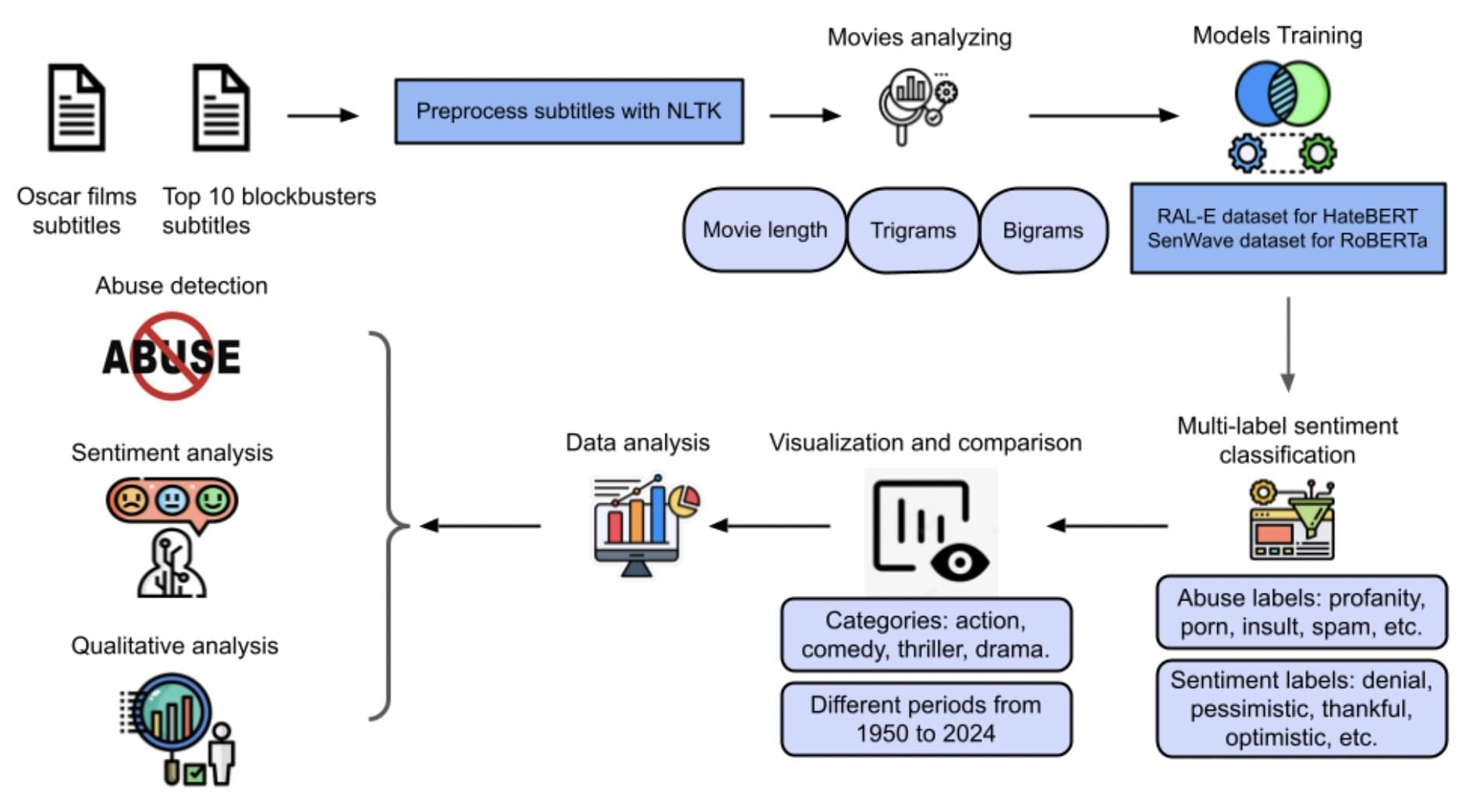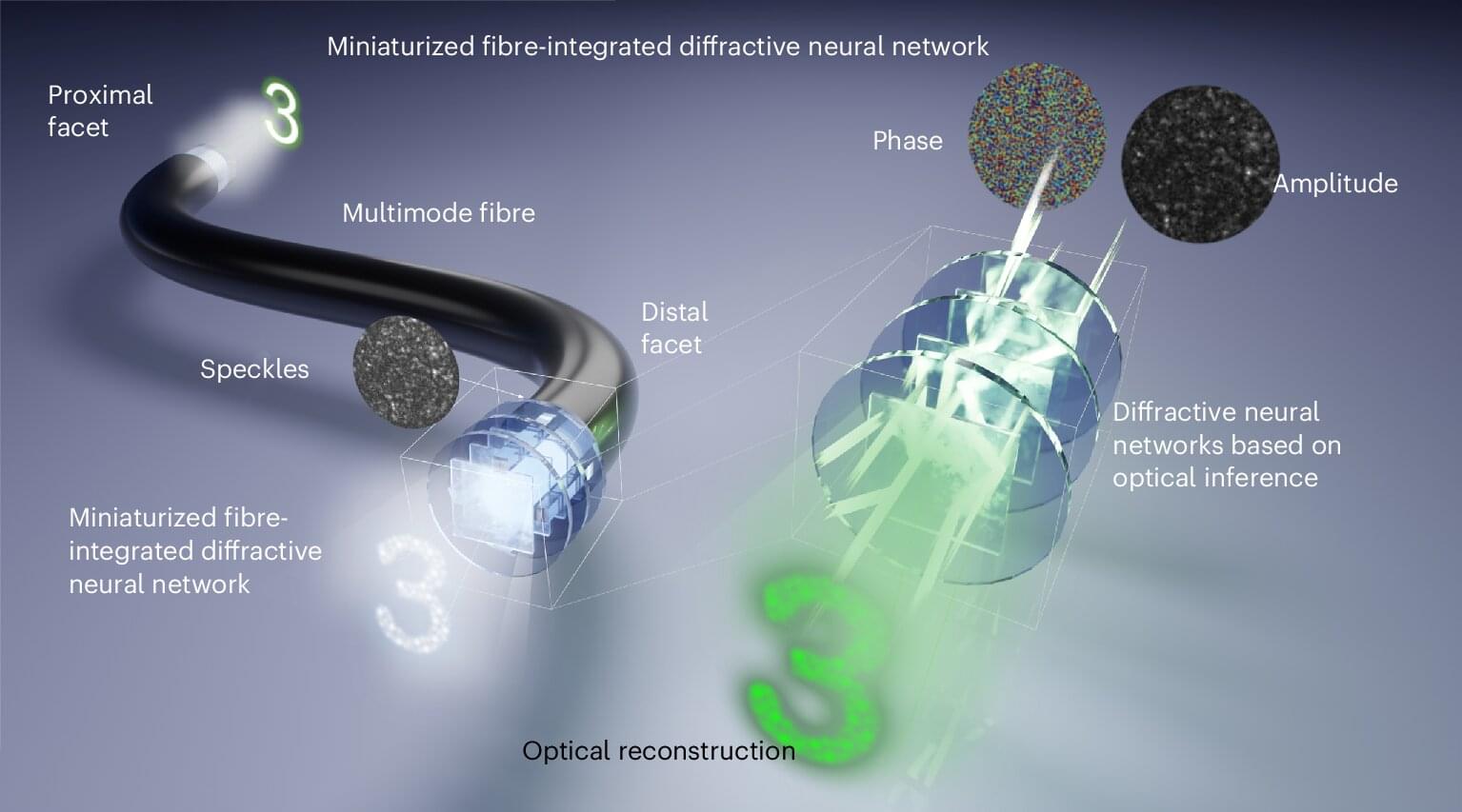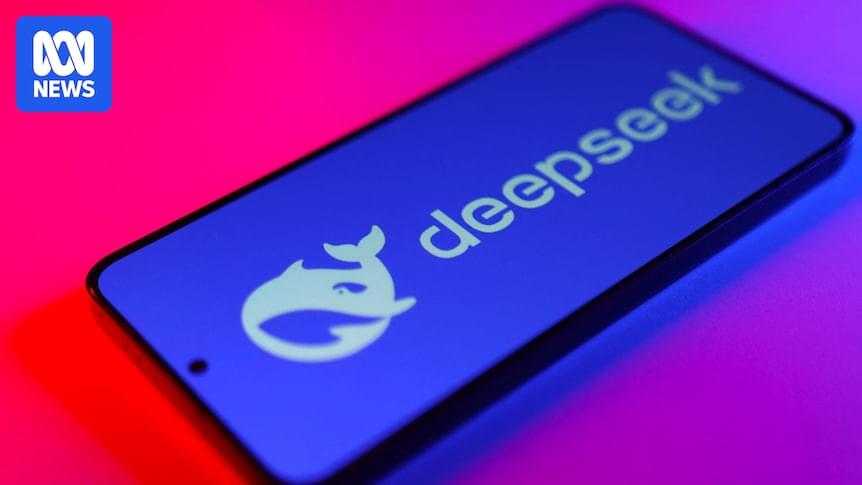By creating gene editors not found in nature, or optimizing existing editors, AI can improve the accuracy, effectiveness, and accessibility of gene editing.


Has NASA canceled the SLS moon rocket? Will the Artemis Program be canceled too? Can we still beat China to the moon? See why that is vital and my role in helping to establish both the commercial space and SLS programs.
GoldBacks from Galactic/Green Greg’s affiliate link:
https://www.defythegrid.com/goldbacks… coupon code GreenGregs for 1% off Outstanding Antioxidant for Your Health: https://shopc60.com/ Use discount code: GreenGregs10 for 10% off Inspire your kids to love science! SAVE 20% OFF New Science Kits Using Code: NEWKITSSAVE20 https://www.pntra.com/t/SENKTExNSUhDR… For gardening in your Lunar or Mars habitat GalacticGregs has teamed up with True Leaf Market http://www.pntrac.com/t/TUJGRklGSkJGT… Awesome deals for long term food supplies for those long missions to deep space (or prepping in case your spaceship crashes: See the Special Deals at My Patriot Supply: www.PrepWithGreg.com For that off-grid asteroid homestead stock up with Lemans before you blast off: https://www.pntrs.com/t/SENJR0ZOSk9DR…

Movies often reflect the predominant societal and cultural values at the time they were shot. These values can be expressed in various elements of a film, including the interactions between characters, their communication styles and their characterizing traits.
Over the past few decades, some parents and scholars have expressed their concerns about the recent evolution of Hollywood Oscar-nominated and blockbuster movies, suggesting that they contain significantly more abusive and violent content than movies released during earlier historical periods. Yet, these debates are often grounded on a general perception of films as opposed to detailed analyses of films.
Two researchers at the University of New South Wales in Australia recently carried out a study aimed at better understanding the differences between the content and dialogues of movies released over the past 70 years, using a class of well-known computational models known as large language models (LLMs). Their findings, on the arXiv preprint server, confirm the hypothesis that movies have become more violent over time while also highlighting movie genres that appear to feature the most abusive and violent content.

Optical fibers are fundamental components in modern science and technology due to their inherent advantages, providing an efficient and secure medium for applications such as internet communication and big data transmission. Compared with single-mode fibers (SMFs), multimode fibers (MMFs) can support a much larger number of guided modes (~103 to ~104), offering the attractive advantage of high-capacity information and image transportation within the diameter of a hair. This capability has positioned MMFs as a critical tool in fields such as quantum information and micro-endoscopy.
However, MMFs pose a significant challenge: their highly scattering nature introduces severe modal dispersion during transmission, which significantly degrades the quality of transmitted information. Existing technologies, such as artificial neural networks (ANNs) and spatial light modulators (SLMs), have achieved limited success in reconstructing distorted images after MMF transmission. Despite these advancements, the direct optical transmission of undistorted images through MMFs using micron-scale integrated optical components has remained an elusive goal in optical research.
Addressing the longstanding challenges of multi-mode fiber (MMF) transmission, the research team led by Prof. Qiming Zhang and Associate Prof. Haoyi Yu from the School of Artificial Intelligence Science and Technology (SAIST) at the University of Shanghai for Science and Technology (USST) has introduced a groundbreaking solution. The study is published in the journal Nature Photonics.
Today’s computers use vast amounts of energy to do tasks that a living brain can achieve much more efficiently. So scientists are trying to create organic computers that can function at low energy levels.
A start-up on the shores of Lake Geneva is building computer networks using human brain cells, which could transform Artificial Intelligence systems.
It’s the latest foray into the field of ‘bio-computing’, also known as wetware.
RAZOR’s Amelia Hemphill visits the FinalSpark lab in Switzerland to find out more about how the brain organoids are grown and trained.
Each organoid is made up of about 10,000 neurons, or brain nerve cells grown from stem cells. These small spheres, approximately 0.5mm in diameter, are kept alive in incubators at near body temperature. They are then connected to tiny electrodes allowing for communication and training.
Best selling author, world renown inventor and futurist, Ray Kurzweil and AT&T Chief Technology Officer Jeremy Legg talk about the future of technology and K…



That statement, now signed by twice as many concerned citizens, warned about the risk of human extinction from AI, which was perhaps a bit of an overreach, because … well, extinction? Come on! That’s just a movie with Arnold Schwarzenegger.
What they should have warned about was jobs — the redundancy and destitution of most of humanity, unless there’s some kind of universal income funded by taxes on robots.
What no-one talks about, as the AI revolution unfolds in stock market hype and scientific gung-ho, is what they’re all really trying to do.